FDPC members and collaborating experts:
Center Faculty Members/Collaborators
Experts in Pine Tree Conversion to Chemicals and Products
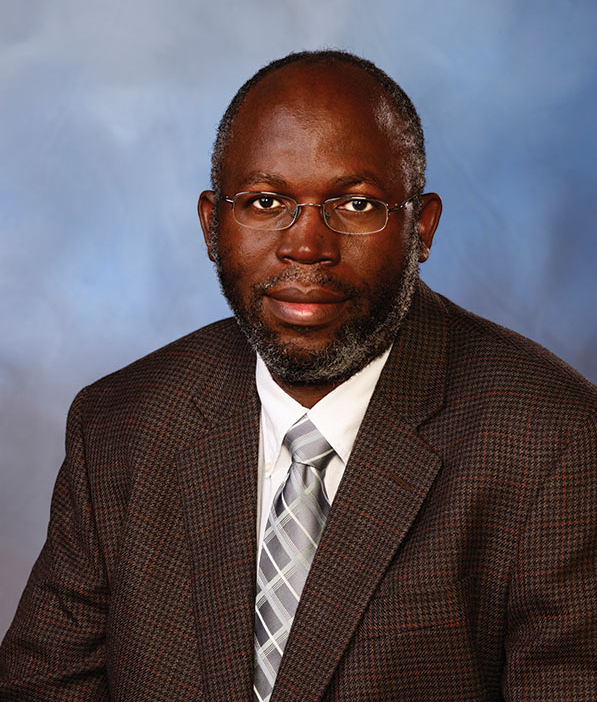 Dr. Oladiran Fasina, P.E. Dept. Biosystems Engineering Expertise: Characterization | 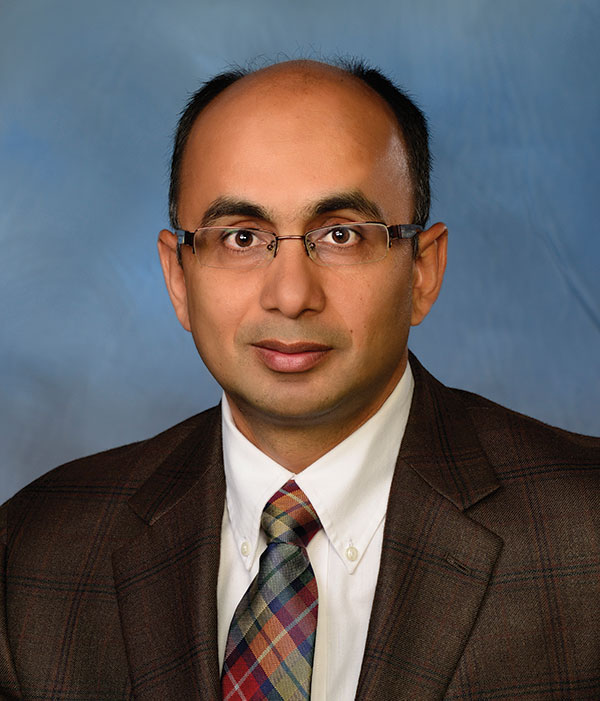 Dr. Sushil Adhikari, P.E. Dept. Biosystems Engineering Expertise: Chemicals | 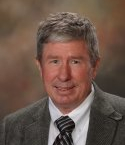 Dr. Tim McDonald Dept. Biosystems Engineering Expertise: Sensors |
 Dr. Tom Gallagher, SWFS Dept. Biosystems Engineering Expertise: Timber Harvesting & Analysis | 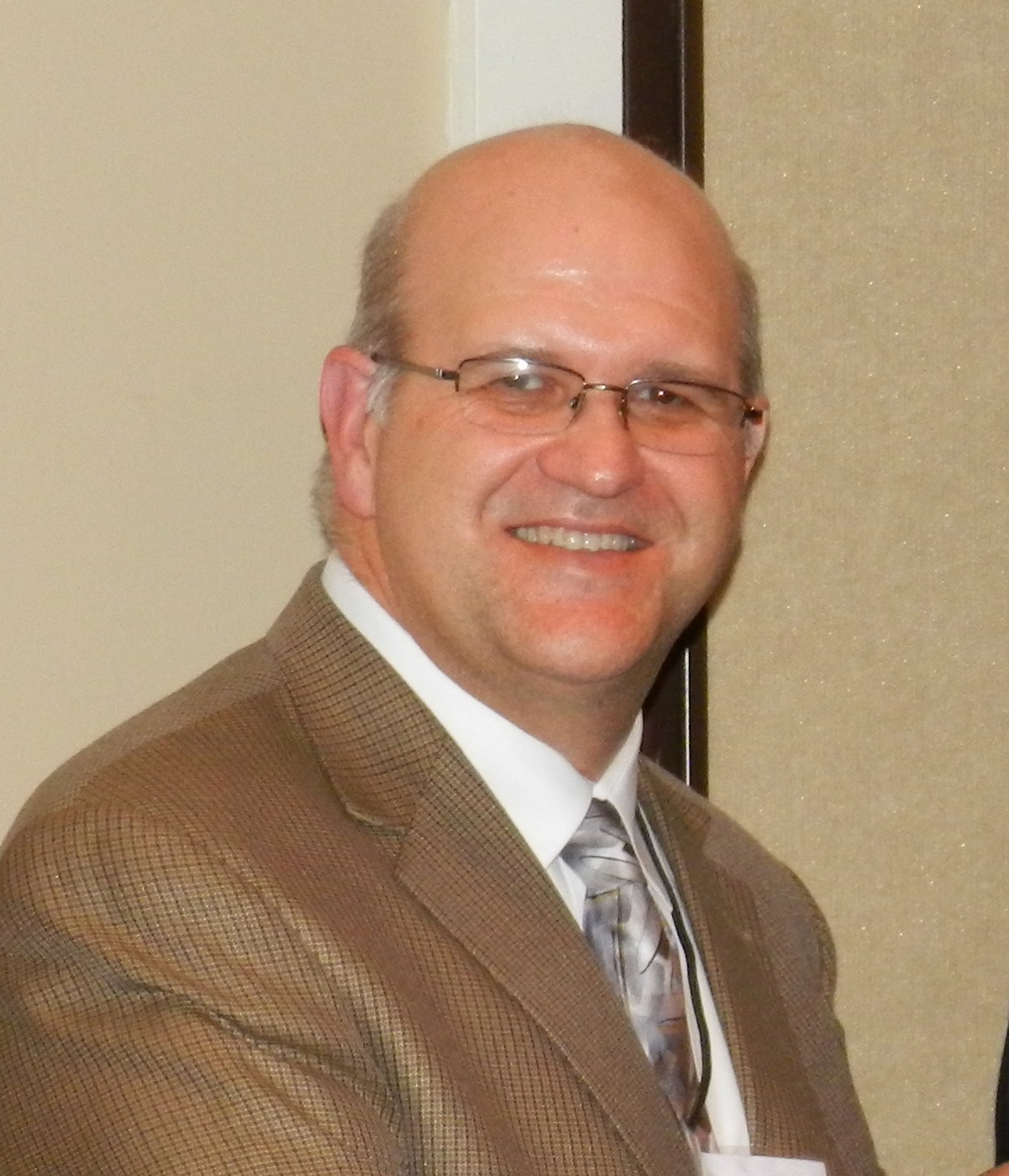 Dr. Mathew Smidt, Forest Service Forest Service Expertise: Forest Operations & Harvesting |
Experts in Forest Products
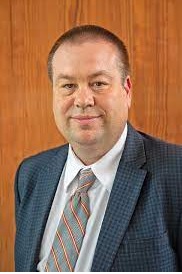
Dr. Brian Via, Director
Forest Products Development Center
College of Forestry, Wildlife and Environment
Expertise: Forest Products, Adhesives, Composites, Chemometrics
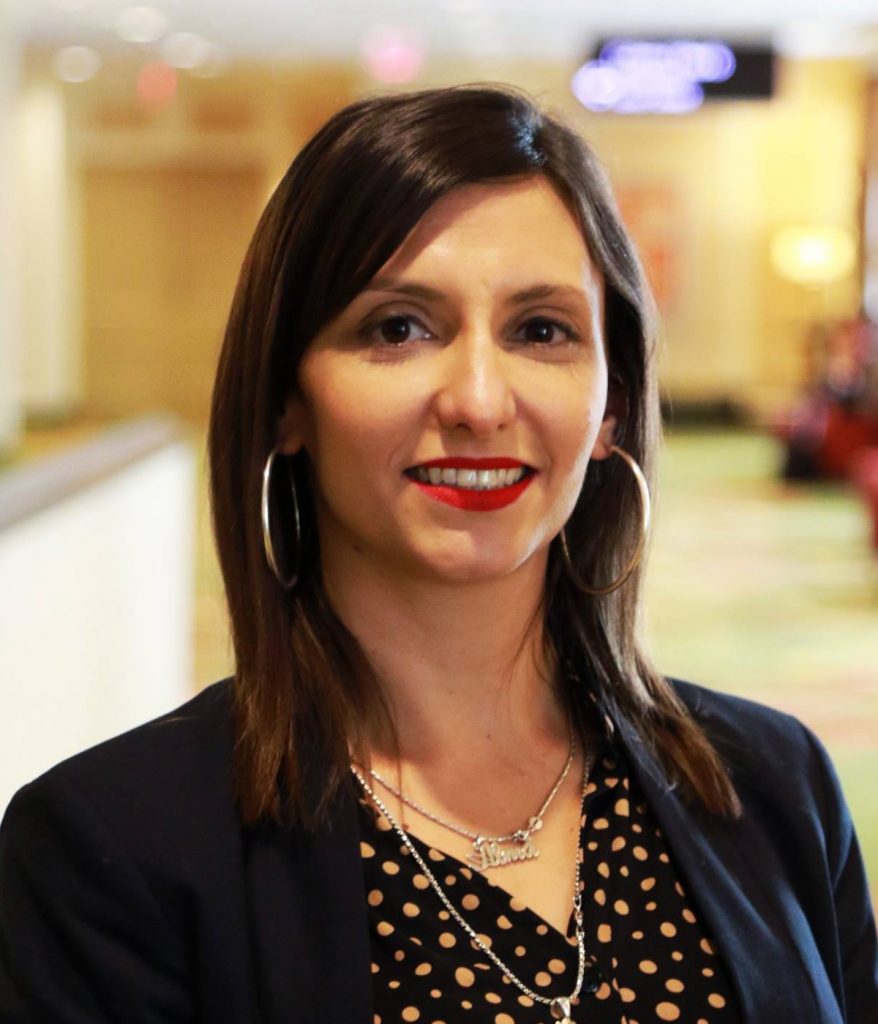
Dr. María Soledad Peresin, Associate Professor
Forest Products Development Center
College of Forestry, Wildlife and Environment
Expertise: Biopolymers, Nanotechnology, Surface Chemistry, Packaging
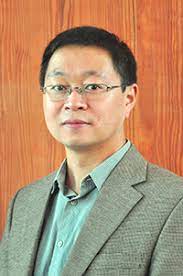
Dr. Yucheng Ping, Assistant Professor
Forest Products Development Center
College of Forestry, Wildlife and Environment
Expertise: Biopolymers, Nanotechnology, Surface Chemistry, Packaging
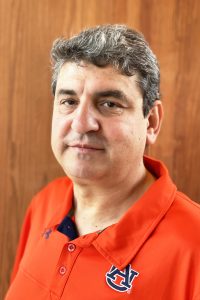
Dr. Burak Aksoy, Associate Research Professor
Forest Products Development Center
College of Forestry and Wildlife Sciences
Expertise: Novel products and chemicals development from renewable and sustainable bioresources with an environmental emphasis; technology deployment, bio-refinery, novel nano-material development and innovative applications, pulping, papermaking, and paper coatings.
Research Interests: Biomaterials and bio-polymers, bioactive material development, innovative packaging solution development, paper coatings, conversion of biomass into valuable products and chemicals, and nano-materials, plastic/bioplastic composites, bio-composites, nano-materials and nano-composites and 3D printing.
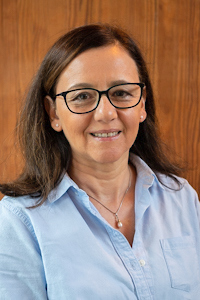
Dr. “Beatriz” Vega-Erramuspe
Forest Products Development Center
College of Forestry, Wildlife, and Environment
Expertise: Biotechnology, Wood Chemistry, Wood Adhesives
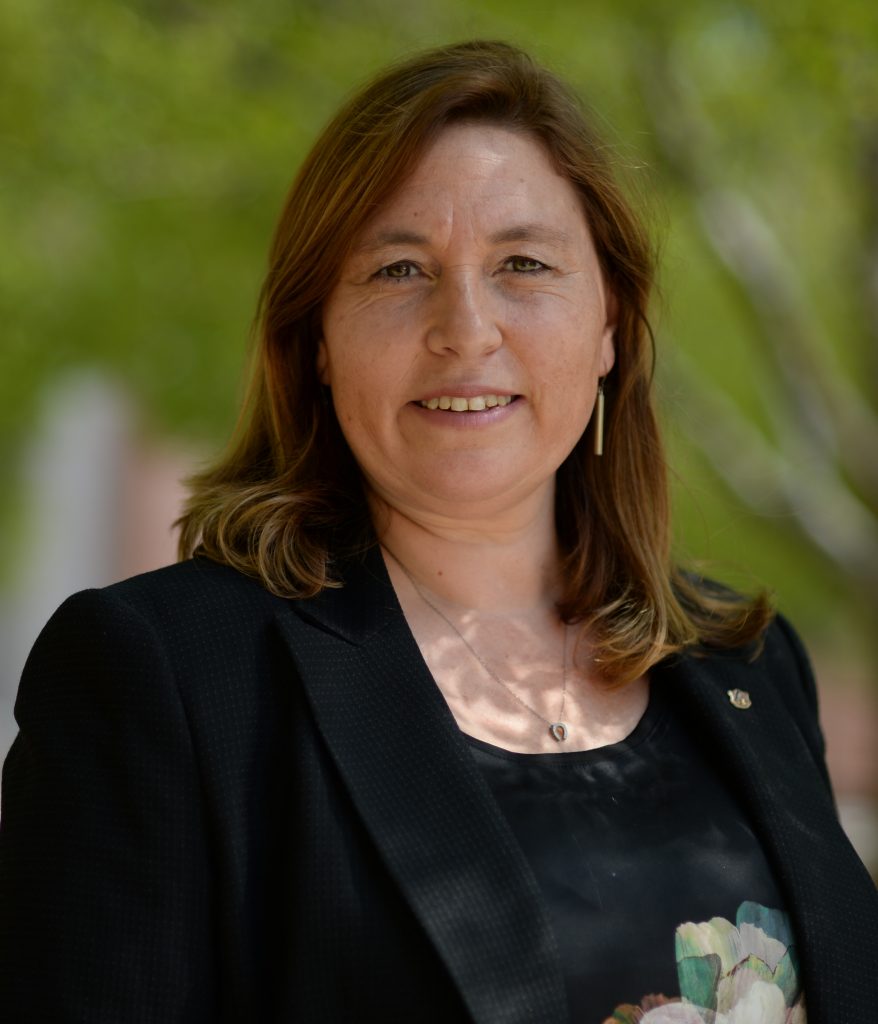
Dr. María Auad, Associate Dean
Chemical Engineering
Expertise: Polymers and Adhesives, Packaging
Experts in Forest Products Business & Sustainability
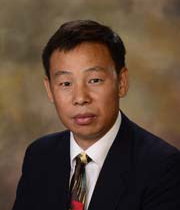 Dr. Daowei Zhang, SWFS Expertise: Economics | 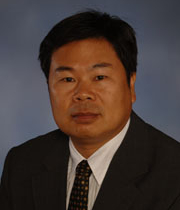 Dr. Yaoqi Zhang , SWFS Expertise: Economics, Managment and Marketing | 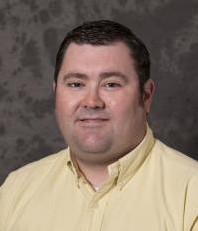 Dr. Adam Maggard, SWFS Expertise: Forest Systems Managment |
 Dr. Jeffrey Fergus, P.E. Materials Engineering Expertise: Sustainable Materials | 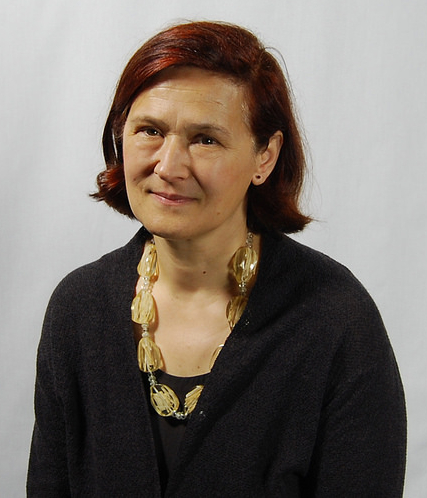 Dr. Magdalena Garmaz College of Arquitecture and Design Expertise: Design and Sustainability |
FPDC Post Docs
Post-Docs
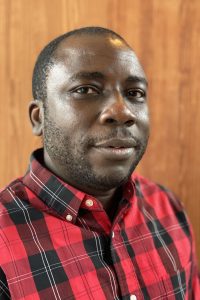
Dr. Abiodun Alawode, Post Doctorial
Forest Products Development Center
College of Forestry, Wildlife and Environment.
Selected Research Projects
Experts in 3D Printed Construction
PrinTimber Team with University of Idaho
Interdisciplinary project with University of Idaho (Maughan PI / Via Co-PI at Auburn)
Title: Developing a Circular Bio-Based Framework For Architecture, Engineering and Construction Through Additive Manufacturing
Experts in Mass Timber
Auburn Timber Collaborative Team
Wood Innovation Award #: FS-23-DG-11083150-207-FWE
Purpose of Grant is to build collaboration across campus.
Experts in Soy Flour Adhesives Team
Award Funding: United Soybean Board (SBC-USB24-101-D-C-1-C/2433-101-0103)
Title: Commercial Implementation Of Soy Flour Substituted Resins For Wood Composite Panels (and Mass Timber)
Sujit Banerjee – Chemical Engineer
Sujit Banerjee | School of Chemical and Biomolecular Engineering (gatech.edu)
Brian Via – FPDC (PI)
Experts in Wood Composites
collaboration with Wood Based Composites Center with Oregon State, Virginia Tech, and Michigan State.
Auburn became a member in 2018. Collaboration of faculty with industry to perform relevent research in wood composites.
Forest Products Journal
Editorial Team
Forest Products Journal (allenpress.com)
EDITOR IN CHIEF
Brian K. Via, Auburn University, Auburn, AL
ASSOCIATE EDITORS
George Cheng, JELD-WEN, Inc., Charlotte, NC, Expertise: Wood Composites George Cheng (LinkedIn)
Kevin Cheung, Western Wood Products Association, Portland, OR, Expertise: Wood Engineering Kevin Cheung (LinkedIn)
Frederico França, Mississippi State, Starkville, MS, Expertise: Primary Processing & Lumber Testing Frederico Franca – (msstate.edu)
Kathryn Gazal, West Virginia University, Morgantown, WV, Expertise: Forest Products Marketing and Economics Kathryn Gazal – (wvu.edu)
Hongmei Gu, USDA Forest Products Laboratory, Madison, WI, Expertise: Carbon & Life Cycle Assessment Hongmei Gu – (usda.gov)
Tom Hammett, Virginia Tech, Blacksburg, VA, Expertise: Non-timber Forest Products Tom Hammett – (vt.edu)
Eric McConnell, Mississippi State, Starkville, MS. Expertise: Economics, Business, Forest Operations Dr. Eric McConnell – (msstate.edu)
Nan Nan, West Virginia University, Morgantown, WV Expertise: Biomass Processing for Products Nan Nan – (latech.edu)
Arijit Sinha, Oregon State University, Corvallis, OR Expertise: Wood Engineering Sinha, Arijit – (oregonstate.edu)
Rod Stirling, FPInnovations, Vancouver, British Columbia, Canada Expertise: Wood Degradation and Preservation Rod Stirling – (Google Scholar)
Liqing Wei, Hanwha Azdel, Inc., Lynchburg, VA Expertise: Polymeric Materials Chemistry/Physics Liqing Wei (researchgate.net)